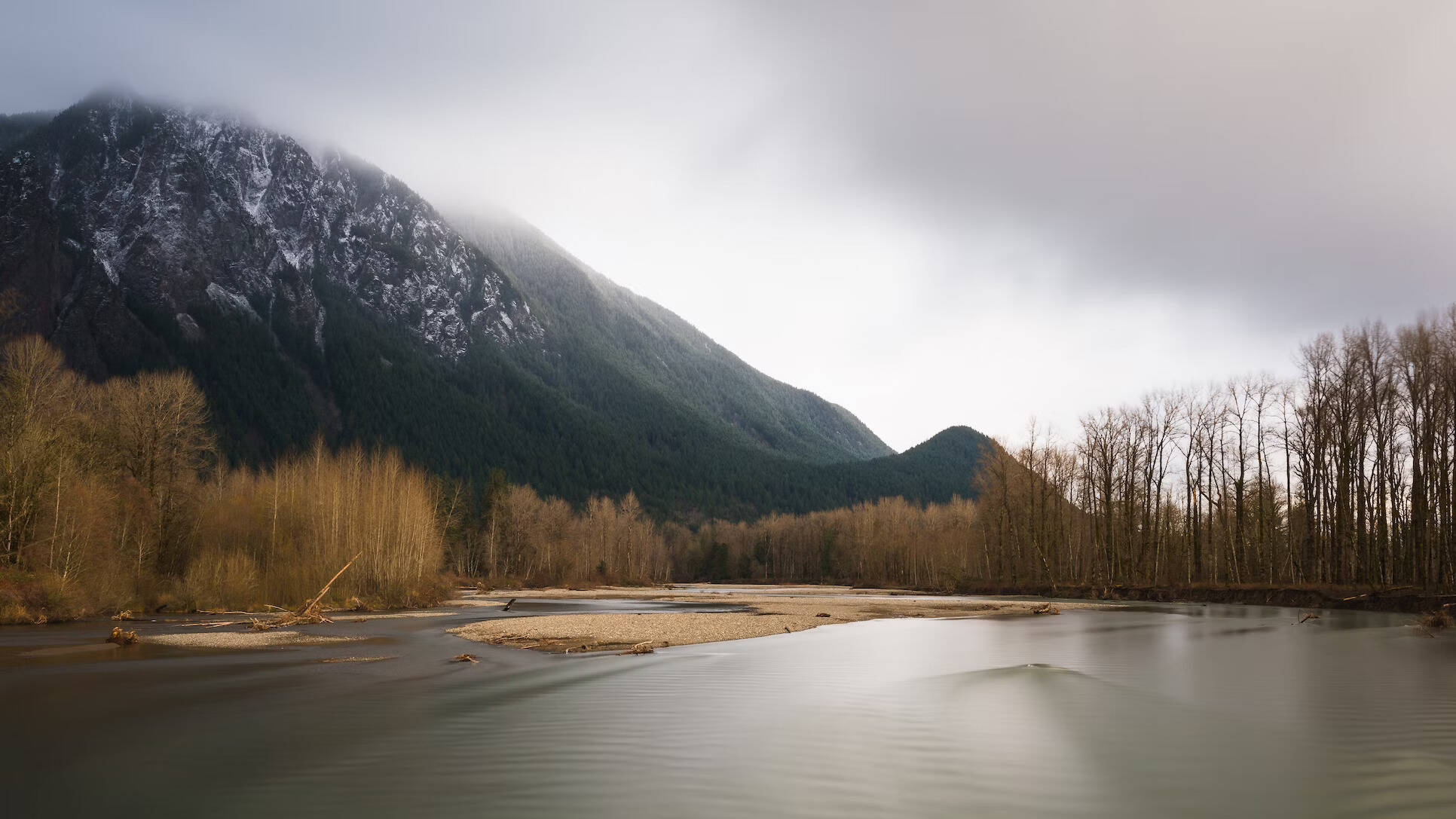After a stream of steady rainfall and flooding, the city of North Bend announced Thursday, Dec. 7, that it had exited its annual Water Conservation Ordinance (WCO).
Water levels in the Snoqualmie River are likely to remain above minimum instream flows for the remainder of the year, the city said in a press release announcing the end of the WCO.
The WCO is an effort by the city to conserve water and protect the health of the Snoqualmie River. The program, now in its fourth year, goes into effect each August. It asks residents to voluntarily reduce water usage to help maintain minimum water levels in the Snoqualmie River.
With Western Washington experiencing a particularly dry spring and drought-like conditions over the summer, many water providers were left with a shortage of water this year.
North Bend had been in stage 3 of the WCO – the topmost stage that carries the strictest limitations on water use – for much of the past few months, until regressing to stage 1 on Nov. 7. This year marked the first time in the WCO’s short-lived history the city had enacted stage 3.
The stages of the WCO are based on water levels in the Chester Morse Lake Masonry Pool. The reservoir is managed by Seattle Public Utilities and used by over two dozen providers. For North Bend, it feeds Hobo Springs, a mitigation water source used to replenish flows in the Snoqualmie River.
One of the city’s primary water sources, the Centennial Well, is closely tied to water levels in the Snoqualmie River. As a result, the city is required under its state-approved water rights permit to have mitigation water it can pump back into the river to offset any adverse impacts.
Because of the dry conditions this year, City Public Work Director Mark Rigos told the Valley Record in September there were some concerns about the city’s ability to fully offset its impacts to the river. A month later, however, Rigos said “ample rainfall” had helped meet the mitigation city’s needs.
Concerns over mitigation water come as the city is building infrastructure to shore up its water supply. In June, the city and Sallal Water Association, a neighboring water district, agreed to a historic partnership that will give the city additional mitigation water and put it in compliance with its water rights permits.
The infrastructure needed to facilitate the agreement is a few years away. Sallal’s water system is not expected to be available to the city until 2025.


